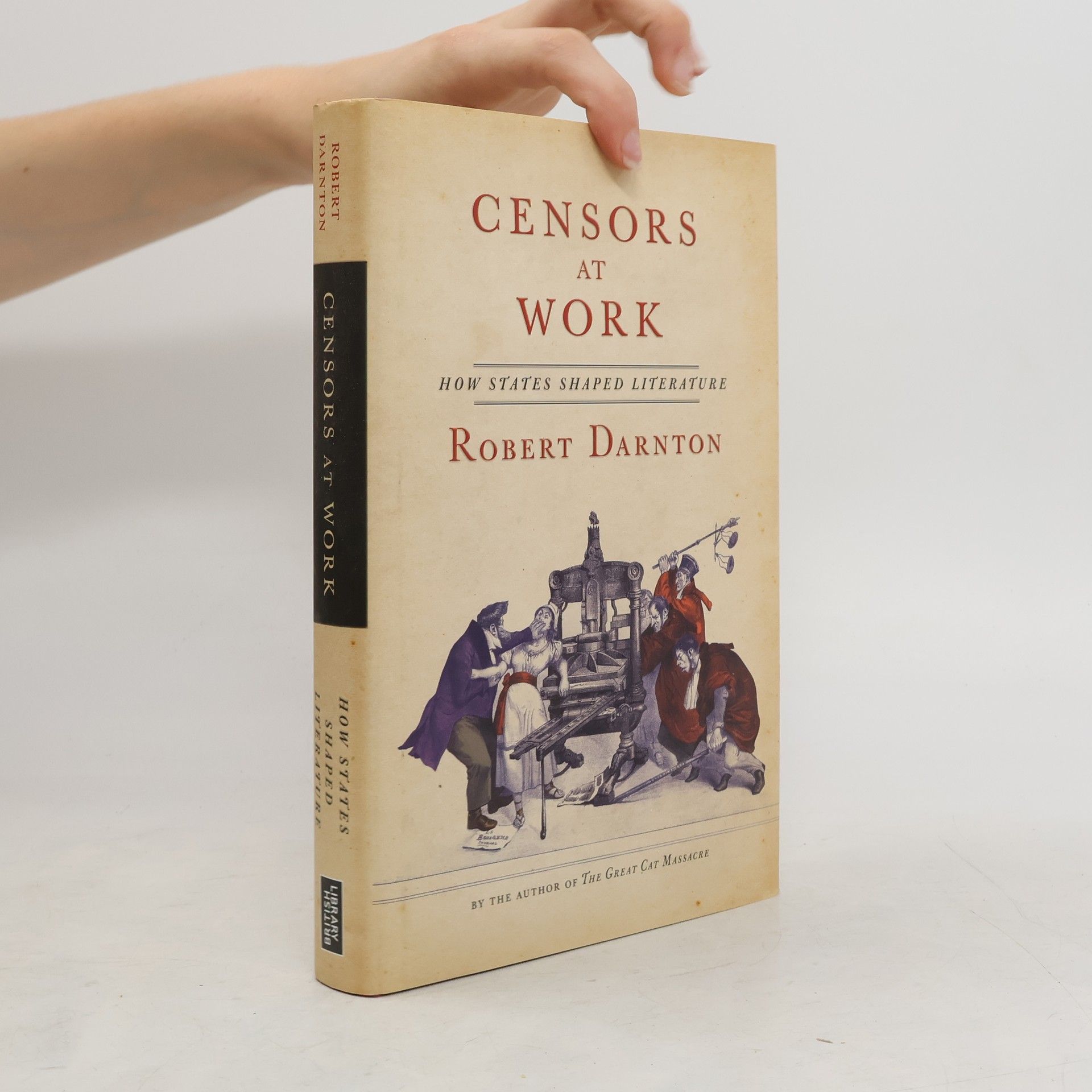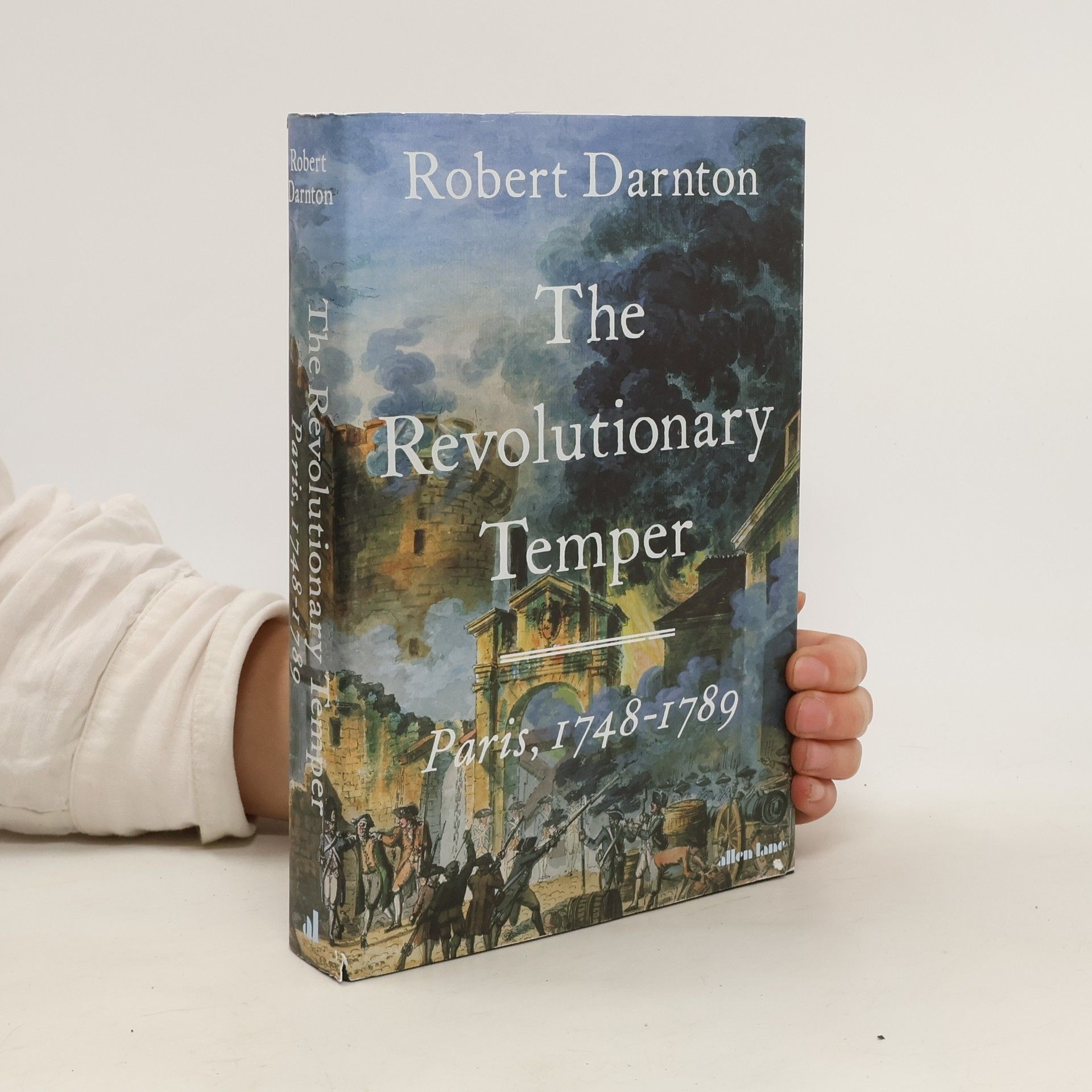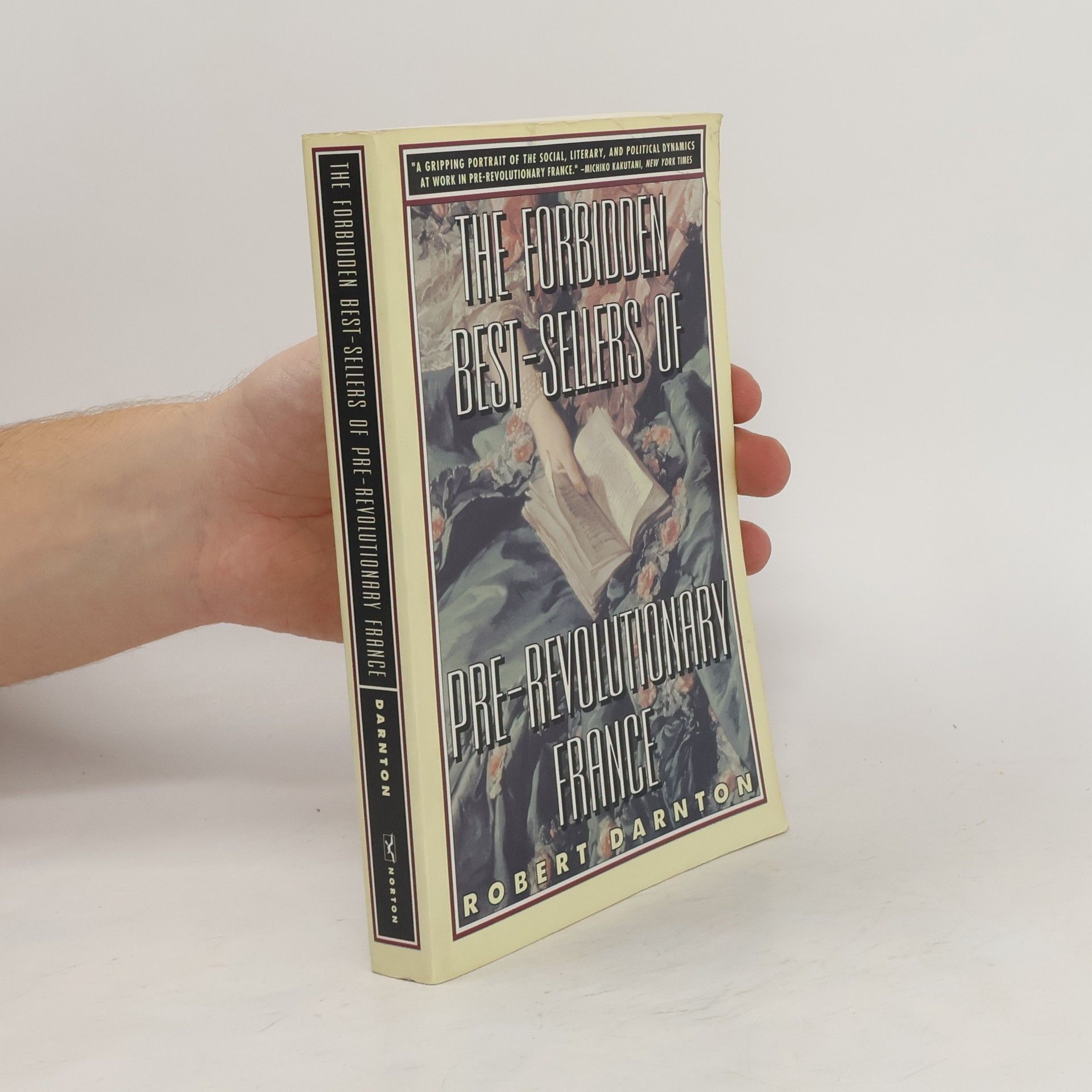A Sunday Times, Times Literary Supplement, and The Times Book of the Year, this account brilliantly captures the lead-up to the French Revolution, showcasing the insights of a distinguished historian. Events do not arrive in isolation; they are intertwined with attitudes, values, and emotions. Understanding these events requires an exploration of the perceptions that accompany them. The storming of the Bastille in July 1789 ignited a global upheaval, marking the end of monarchy and the emergence of a new society. While many historians attribute the Revolution to economic decline, class conflict, or Enlightenment thought, Robert Darnton shifts focus to the perspectives of Parisians at the heart of the Revolution. He investigates the 'revolutionary temper' through his extensive study of pamphlets, books, and public performances, portraying Paris as an information society akin to our own. News circulated in cafes, marketplaces, and public spaces, shaping the collective consciousness of ordinary citizens. Over forty years, various events—from treaties and royal scandals to balloon ascents—eroded public trust in royal authority and destabilized the social order. Darnton's work reveals the hidden dynamics of history, providing a riveting narrative that allows us to view these transformative decades through the eyes of contemporary Parisians.
Robert Darnton Libros







The Devil in the Holy Water, or the Art of Slander from Louis XIV to Napoleon
- 552 páginas
- 20 horas de lectura
The exploration of scandalous literature in eighteenth-century France reveals how libelers challenged the authority of the Old Regime. Robert Darnton delves into the vibrant lives of these figures, illustrating their impact on the ideological shifts that paved the way for a more radical political culture during Robespierre's era. This examination highlights the interplay between literature and politics, showcasing how dissenting voices contributed to the transformation of French society.
Offers a reasoned defence of what the French revolutionaries were trying to achieve, and urges us to look beyond political events to understand the idealism and universality of their goals.
Censors at Work
How States Shaped Literature
A fresh perspective on censorship emerges in this elegant history by a superb conjurer of the past. With his uncanny ability to spark life in the past, Robert Darnton re-creates three historical worlds in which censorship shaped literary expression. In 18th-century France, censors navigated the intricacies of royal privilege in a working collaboration with authors and booksellers on the making of literature. Absolutism operating through negotiation yielded both suppression and protection of some of the great works of the Enlightenment. In 19th-century India, the efforts of the British Raj to control "native" literature gave voice to an Indian opposition that exposed the tensions between Britain's liberal principles and imperial power. And in 20th-century East Germany, the Communist Party's attempt to engineer literature actually yielded a range of outcomes from brutal repression to the complex negotiation behind some of the best-known works by German authors. Censorship emerges not as a simple repression that is everywhere the same but a melding of power and culture grounded in history
Exploring the interplay between history and culture, this collection of essays spans topics from the 18th to the 20th centuries. It includes captivating anecdotes, such as a 1792 incident in the French Legislative Assembly, and offers insights into media, the publishing world, and the history of books. Darnton also delves into intellectual history and examines the connections between history, literature, anthropology, and sociology. His engaging writing style makes complex themes accessible and thought-provoking.
The story of how book piracy in pre-Revolutionary France expanded the reach of the works that would inspire momentous change.
Poetry and the Police
- 240 páginas
- 9 horas de lectura
In 1749, Francois Bonis, a medical student in Paris, found himself hauled off to the Bastille for distributing an abominable poem about the king. So began the Affair of the Fourteen, a police crackdown on ordinary citizens for unauthorized poetry recitals. Why was the official response to these poems so intense? This book deals with this topic.
When the apprentices of a Paris printing shop in the 1730's held a series of mock trials and then hanged all the cats they could lay their hands on, why did they find it so hilariously funny that they choked with laughter when they reenacted it in pantomime some twenty times? Why in the 18th century version of "Little Red Riding Hood" did the wolf eat the child at the end? What did the anonymous townsman of Montpelier have in mind when he kept an exhaustive dossier on all the activities of his native city? These are some of the provocative questions Robert Darnton attempts to answer in this dazzling series of essays that probe the ways of thought in what we like to call "The Age of Enlightenment."
The Forbidden Best-sellers of Pre-revolutionary France
- 468 páginas
- 17 horas de lectura
Robert Darnton's work is one of the main reasons that cultural history has become an exciting study central to our understanding of the past.
The Great Cat Massacre
- 320 páginas
- 12 horas de lectura
When the apprentices of a Paris printing shop in the 1730s held a series of mock trials and then hanged all the cats they could lay their hands on, why did they find it so hilariously funny that they choked with laughter when they reenacted it in pantomime some twenty times? Why in the eighteenth-century version of Little Red Riding Hood did the wolf eat the child at the end? What did the anonymous townsman of Montpelier have in mind when he kept an exhaustive dossier on all the activities of his native city? These are some of the provocative questions Robert Darnton answers in this classic work of European history in what we like to call “The Age of Enlightenment.”

